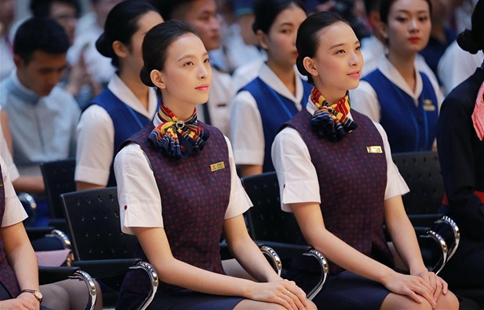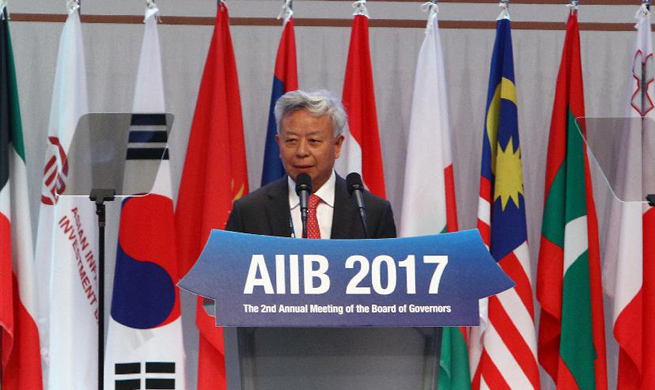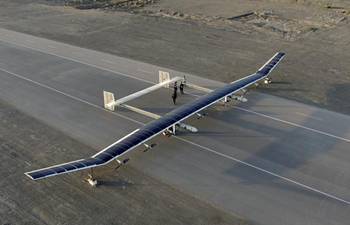BEIRUT, June 16 (Xinhua) -- The Lebanese parliament ratified on Friday a new electoral law based on proportional representation and 15 districts despite some objections.
The cabinet of Prime Minister Saad Hariri had approved the law during a cabinet session Wednesday, ending months of tense discussions and paving the way for the first parliamentary elections in nine years.
The deal comes after a stalemate that has seen the country's parliament extend its term twice since the last elections in 2009.
Under the agreement, the current parliament's term will be extended once again, but this time for just 11 months to prepare for elections under the new rules in May 2018.
The new law replaces the existing winner-takes-all voting system with proportional representation and reduces the number of electoral districts.
The MPs of the Kataeb Party, independent MP Butros Harb and MP Assem Qansou of the Baath Party voiced objections against the law.
Some civil society groups also stood up to protest near the legislature's building, arguing that proportional representation should be implemented in fewer and bigger districts in order to be effective.
The Parliament Speaker Nabih Berri called the law the "best we can do" facing the "existential crisis," calling on the government to open an extraordinary legislative session as soon as possible so that the legislature can "look into legislative issues and regain people's confidence".
Members of the International Support Group (ISG) for Lebanon welcomed the approval, saying it will be a further step towards normalization of the country's political life, according to a statement by them.
The ISG members also noted that it is important that technical delays are "dealt with effectively," and they are "willing to provide Lebanon with relevant technical assistance."
The International Support Group brings together the United Nations and the governments of China, France, Germany, Italy, Russia, Britain and the United States, together with the European Union and the Arab League.

















